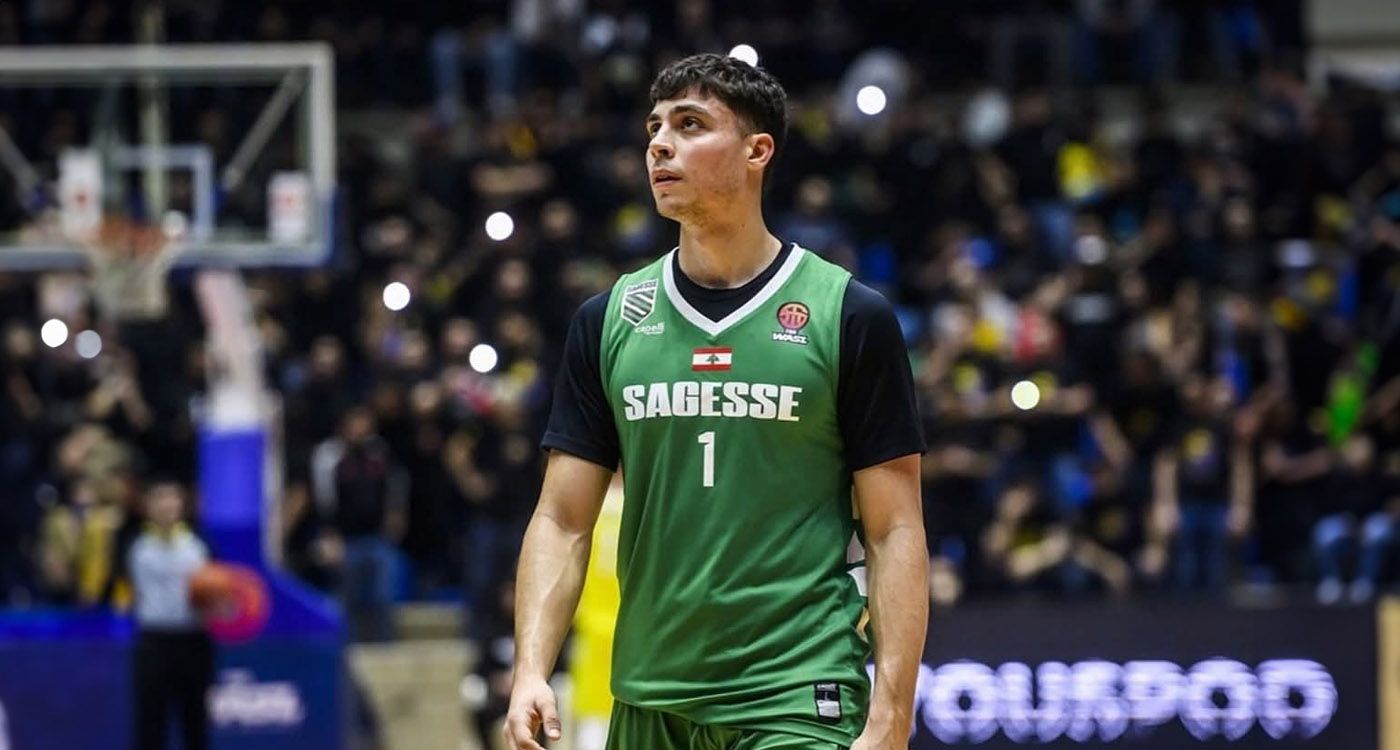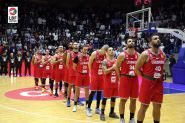
Basketball player Omar Jamaleddine announced his return to the national team a day after facing sharp criticism and disciplinary threats from Lebanese Basketball Federation President Akram Halabi.
The controversy began earlier this week when Halabi, speaking in an exclusive interview on This is Sports, accused Jamaleddine of deliberately avoiding national team duty after receiving a call-up for the upcoming FIBA Asia Cup 2025.
“You can’t suddenly get ‘sick’ every time there’s a call-up,” Halabi said. “You played the entire season without issue, but when it’s time to represent Lebanon, you call in sick?”
Halabi’s comments were accompanied by a stark warning: if Jamaleddine failed to join the team, he could face a suspension of up to five years from both the Lebanese league and international competitions. The Federation was reportedly prepared to escalate the matter to FIBA.
The public pressure mounted rapidly, but on Wednesday, Jamaleddine broke his silence in an Instagram story, announcing that he had booked his flight and would join the national team on July 29.
“I’m excited to represent my country and have my flight booked for the 29th. See you all soon!” he wrote.
The 25-year-old player addressed the swirling controversy, saying, “I am proud to be Lebanese and always will be. I was playing through an injury all season long and went home to recover as best as I could to be prepared to compete at a high level.”
Halabi had previously hinted that some players request leave under false pretenses in order to avoid international duty: "When it comes to the national team, players request a ten-day leave and then start making excuses,” he said. "In the end, we find out they don’t want to play because they had other commitments with their club abroad," he added.
The Federation’s hardline stance has ignited fierce debate online. Many fans have questioned whether such punitive measures are fair, or even productive.
“What is this? Mandatory conscription?” one fan wrote on Instagram, while Jacob Garabedian added, "This system is ridiculous and should be changed. You can't ban the guy from the league just because he doesn't want to play with the national team. He has the right to do whatever he wants, and that's totally unfair."
Others, however, defended the Federation’s approach. Mohammad Khaled commented, “If someone isn’t good to their country, they won’t be good to anyone, Lebanon above all else.”
Jamaleddine’s confirmation may bring temporary closure to the standoff, but it also leaves behind a larger question facing Lebanese basketball: should national duty be enforced or earned?




Comments